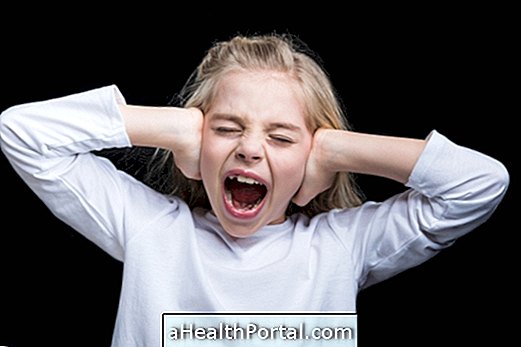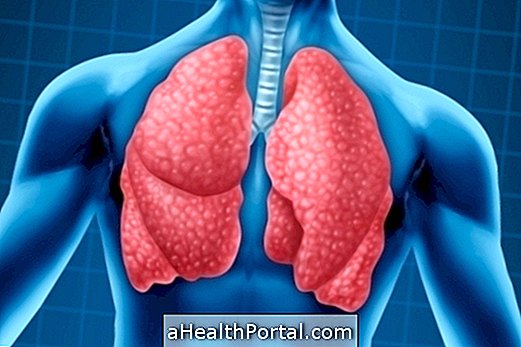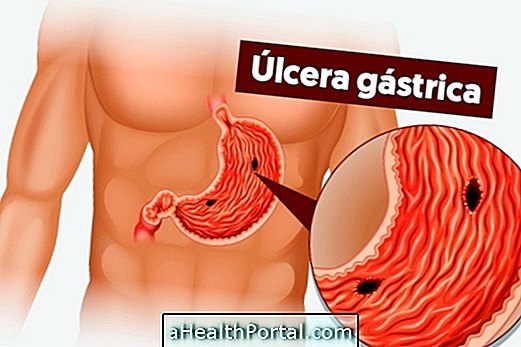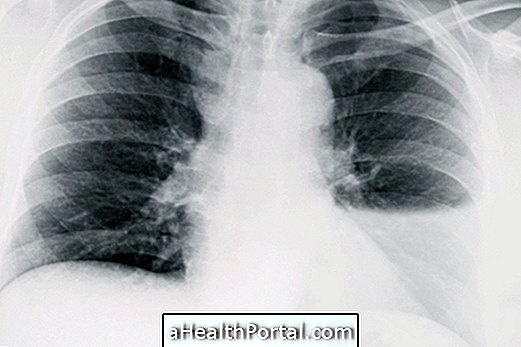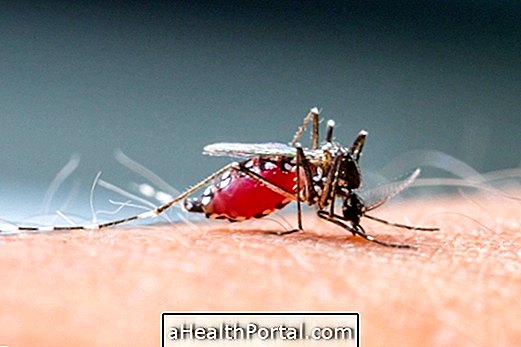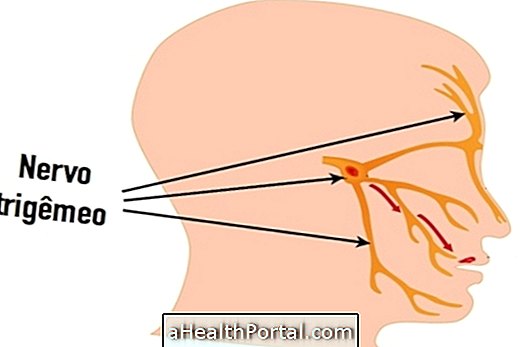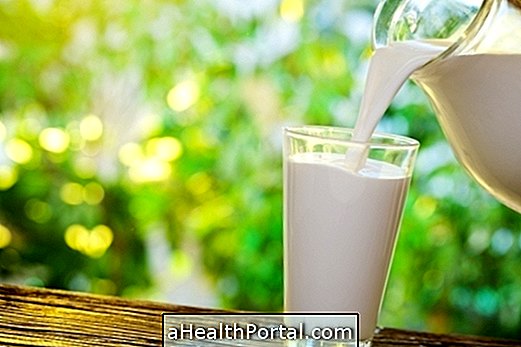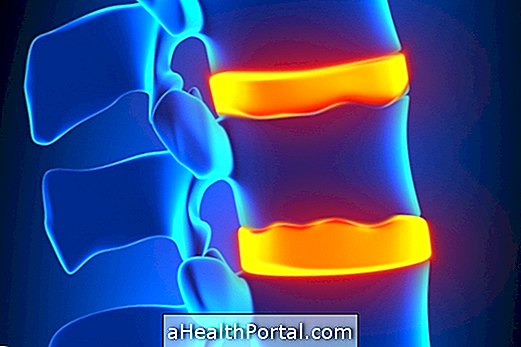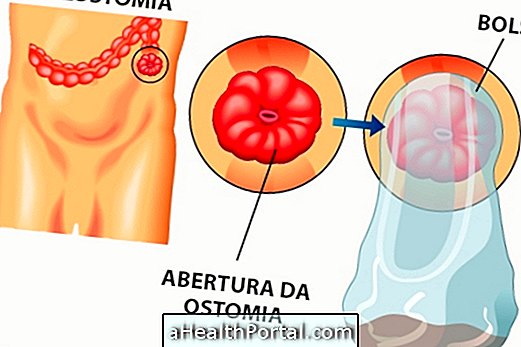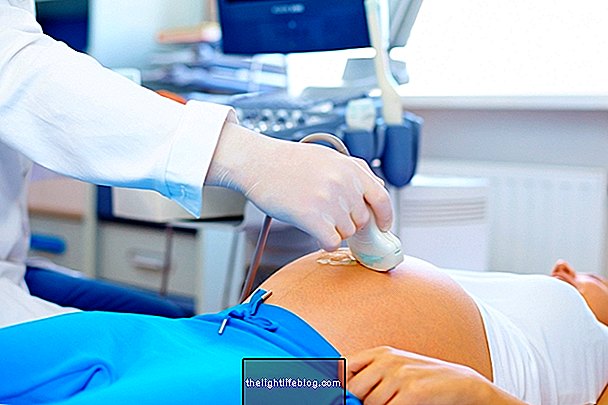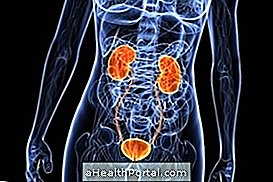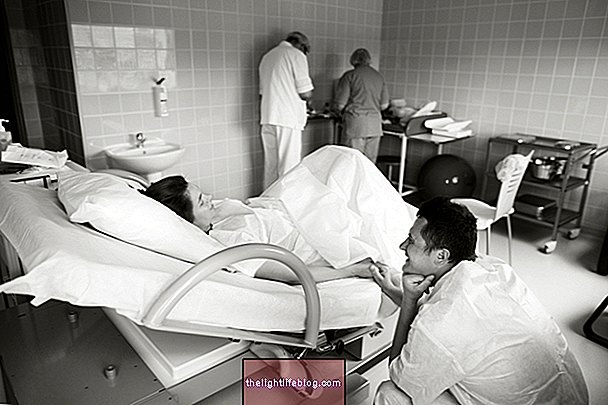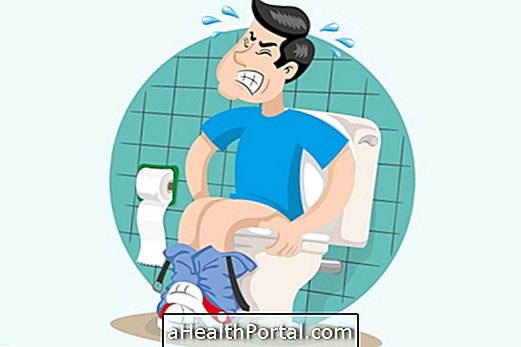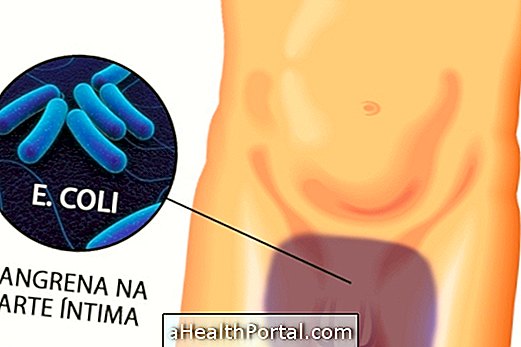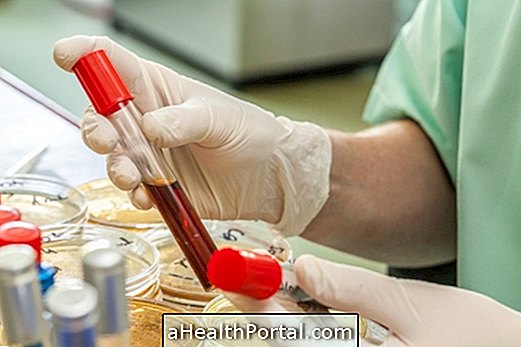Loss of energy, lack of will to perform activities that gave pleasure and constant fatigue may indicate depression. In addition, weight loss can occur without apparent reason and difficulty in sleeping, because there is a decrease in serotonin, which is the hormone of pleasure and well-being.
Usually, signs of depression are present for more than 2 weeks, being necessary to go to the psychiatrist to begin treatment and cure the disease.
In most cases, it is necessary to take antidepressants, anxiolytics and do psychotherapy sessions with a psychologist to recover and avoid relapses.
Symptoms of depression
The main signs that may indicate depression include:
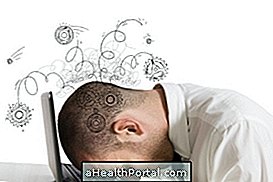

1. Loss of energy and constant tiredness
Loss of energy and disinterest in activities that were once interesting and enjoyable may indicate depression. In addition, lack of motivation to cook, work or socialize with friends are also present due to constant tiredness.
2. Feeling of deep sadness
The feeling of exaggerated deep sadness for the situation manifests itself through a sad face, drooping eyes, lackluster and curved trunk. Crying crises often occur, with pessimism, guilt, and low self-esteem prevailing.
In addition, due to low self-esteem, it is normal to have a sense of worthlessness and, therefore, to isolate oneself from friends and family, and in more serious cases, when one loses hope it is normal to think of suicide.
3. Irritability or slowness


Due to deep sadness it is common to manifest irritability, anger and anxiety attacks, causing symptoms such as tremors, screams and sweating exaggeratedly.
However, at times due to frequent tiredness and sadness there may be slowing down that affects the heavy and speechless.
In addition, there may be difficulty concentrating and memory loss, with moments of enormous deconcentration that affects work and school.
4. Pain in the body
Depression can cause headaches due to poor sleep and mood swings. In addition, there may be a feeling of tightness in the chest and weight in the legs.
Hair loss, weak nails, swollen legs, and back and stomach pain, as well as vomiting and tremors, are sometimes common side effects of medications to treat depression.
5. Sleep problems and weight changes
It is normal to present insomnia, especially waking up at dawn and not falling asleep again, waking up with a lot of tiredness and malaise.
In addition, another physical symptom of depression is loss of more than 5% of body weight for no apparent reason. In some cases, weight gain may occur, manifesting a particular desire to eat sweets.


How is depression diagnosed?
To diagnose depression, it is necessary to have at least 5 symptoms, of the following 9, which must be present for at least 2 weeks in a row:
- Depressed mood, which can manifest by: sadness, feeling empty, hopeless, easy crying. In children, irritability may indicate depression;
- Loss of pleasure in activities that you used to enjoy;
- Weight loss or weight gain, losing at least 5% of the weight in just 1 month, without being on a diet. Increased or decreased appetite on most days;
- Having difficulty sleeping, having insomnia or having excessive sleep, and sleeping many hours, even during the day;
- You may feel agitated or, on the contrary, slow down;
- Always feel tired and lack energy;
- Feeling useless or always guilty of everything, inappropriately;
- Difficulty concentrating and making decisions;
- Have thoughts of death, such as being afraid to die or thinking about suicide, or even attempting to commit suicide earlier.
The diagnosis is made by the psychiatrist who needs to talk to the patient and the family. The doctor should also indicate the severity of the depression, as being mild, moderate or severe, to suit the treatment.
Treatment for depression
Treatment for depression can be done with the ingestion of antidepressants such as Amitriptyline, Lexapro, Fluoxetine and Pondera, but vitamin B6 and omega 3 supplementation may also be required. The physician may also recommend the use of anxiolytics for better sleep and control anxiety, such as Alprazolam.
In addition to medicines prescribed by the doctor it is important to adopt new habits of life, such as practicing physical activity regularly, eating properly, ingesting many vegetables and fruits because they are rich in vitamins and minerals, such as bananas or tomatoes. See a complete list of foods that help you get out of depression faster.
Taking psychotherapy sessions with an experienced psychologist is key because it helps develop strategies to increase self-esteem, overcome anxiety, and control anxiety. The treatment has to be done for at least 6 months and even if the symptoms are no longer present it is essential to maintain the treatment to avoid relapses.
